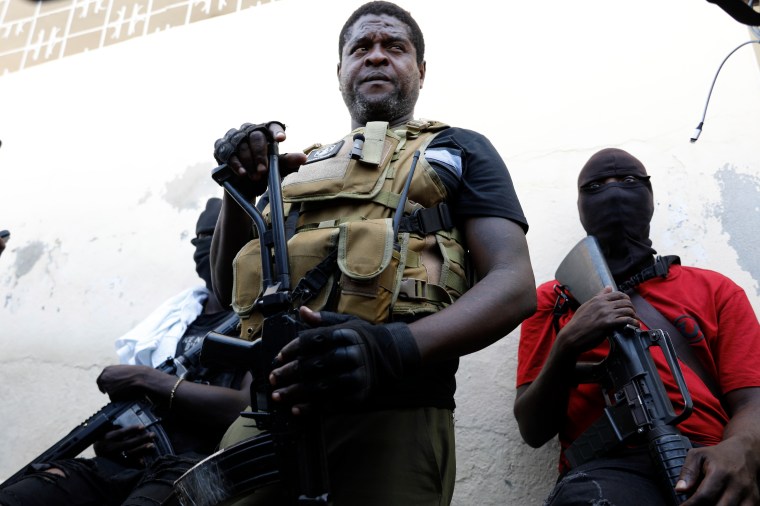Miami, September 30, 2024—The Committee to Protect Journalists is disturbed by threats made against journalist Widlore Mérancourt by Haitian gang leader Jimmy “Barbecue” Cherizier over his article about a Reuters journalist giving Cherizier gifts of balaclavas, alcohol, and cigarettes.
“We are very concerned about the threats made against AyiboPost’s editor-in-chief Widlore Mérancourt by the Haitian gang leader Jimmy “Barbecue” Cherizier,” said CPJ U.S., Canada, and Caribbean Program Coordinator Katherine Jacobsen. “Haitian journalists are already working in unimaginably difficult conditions. They should not be intimidated simply for doing their jobs and covering matters of public importance.”
In the September 18 article, Mérancourt, editor-in-chief of the independent Haitian news site AyiboPost, described how Cherizier posted on his WhatsApp channel on September 14 a video, which has since been removed, bragging about the gifts. Mérancourt questioned the ethics of providing gifts to Cherizier, who heads an alliance of gangs called the G9 Family and has been sanctioned by the U.S. and the United Nations for alleged human rights atrocities.
In a September 25 video, Cherizier threatened Mérancourt, saying; “I’m coming for you. Mark my words: there are people you don’t want to mess with. You could be in your bathroom and a car could come crashing into you.”
Mérancourt, who is also a contributor to the Washington Post, told CPJ that he feared for his safety and urged the Haitian government and its international partners “to protect all journalists in Haiti, end the culture of impunity, and ensure that those responsible for wrongdoing are held accountable.”
Reuters, one of the world’s largest multimedia news providers, was quoted as telling AyiboPost that it has “a strict code of conduct” for its staff and the gifts were “an error of judgment” that was under investigation.
Haiti is one of the most dangerous countries in the world for the media and ranks third on CPJ’s 2023 Global Impunity Index, which spotlights countries where the killers of journalists are most likely to go free.
